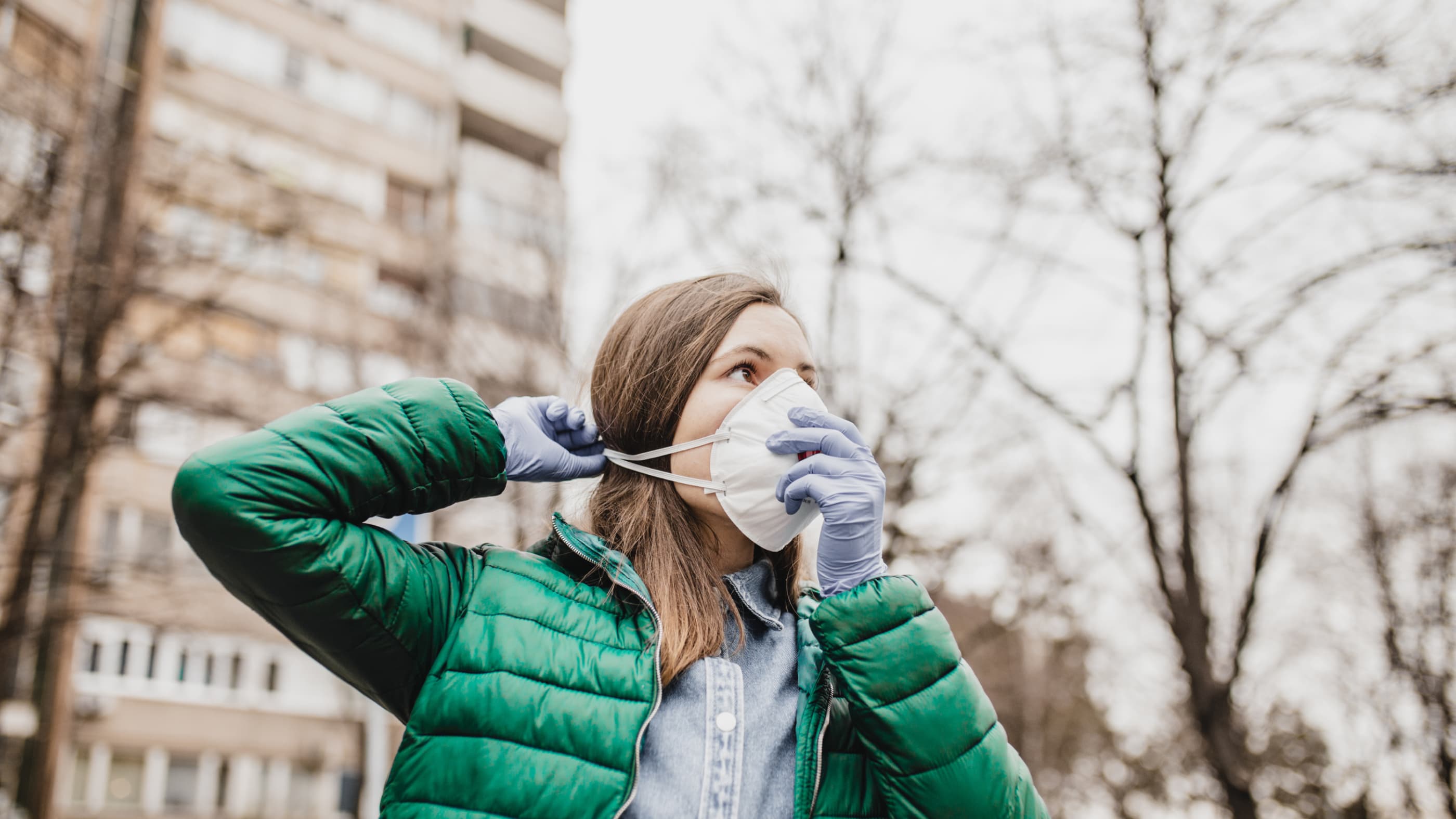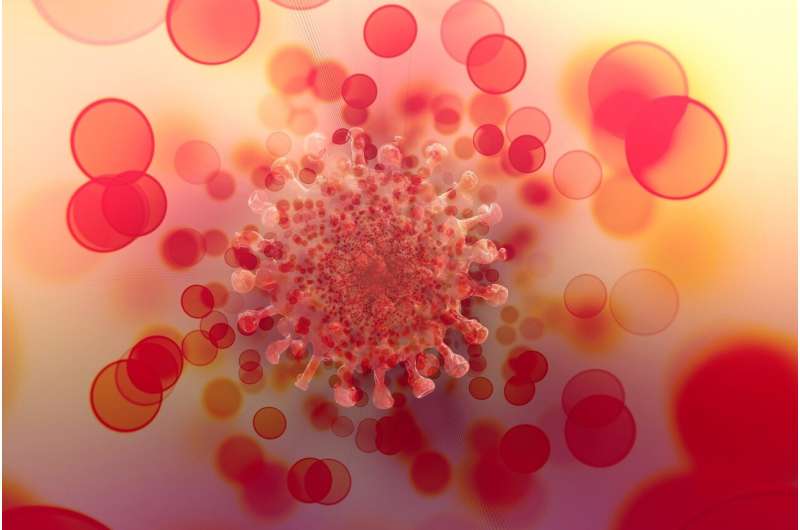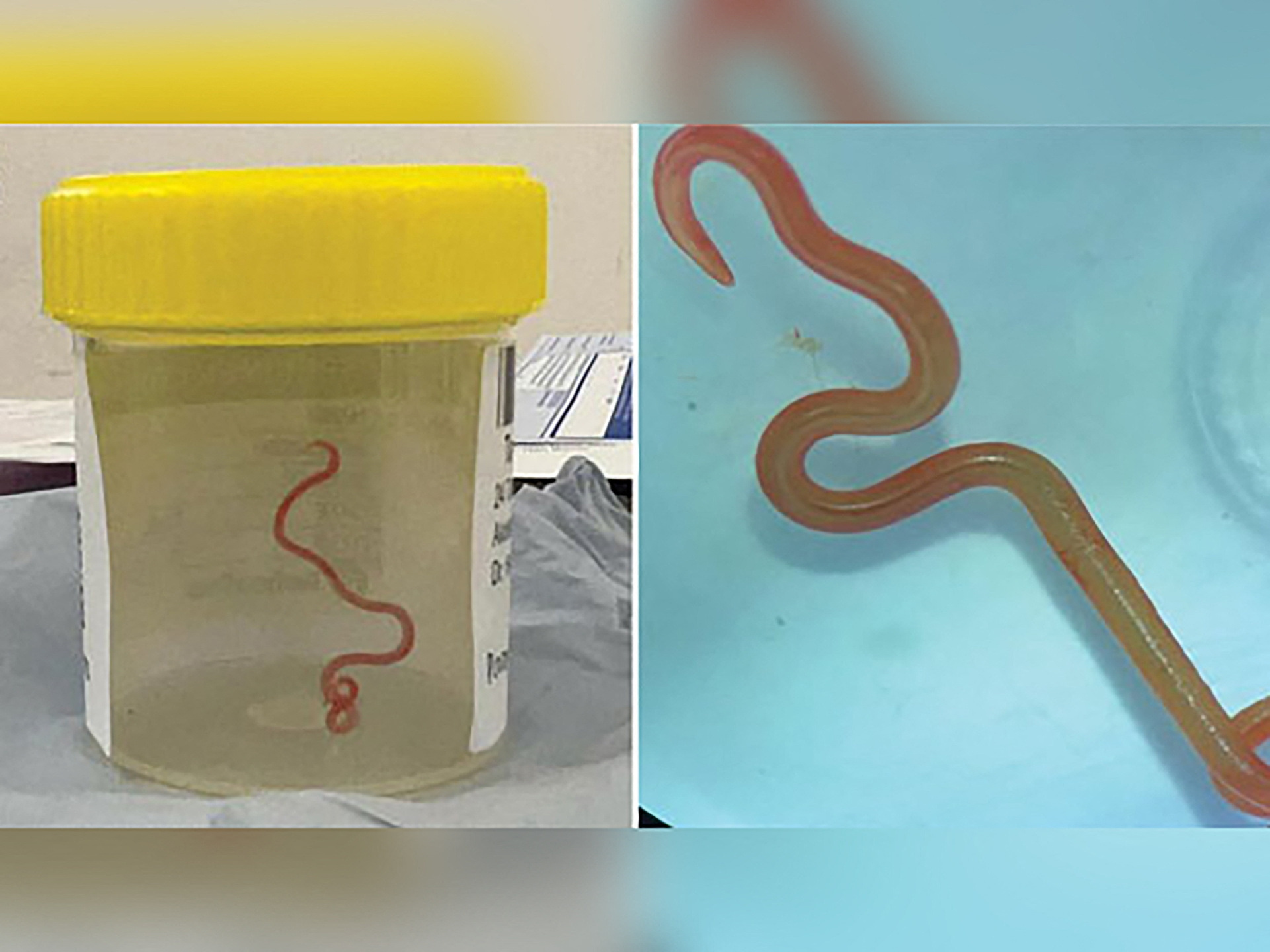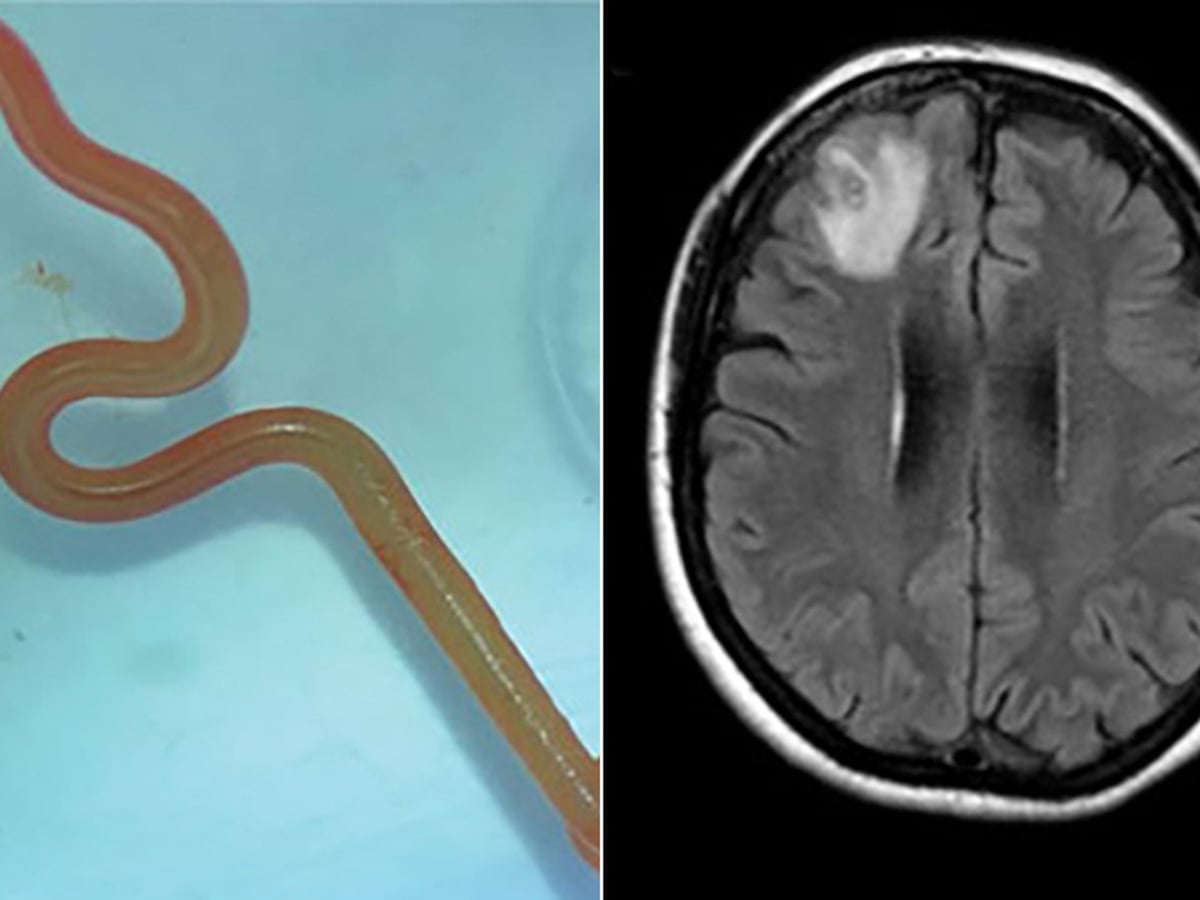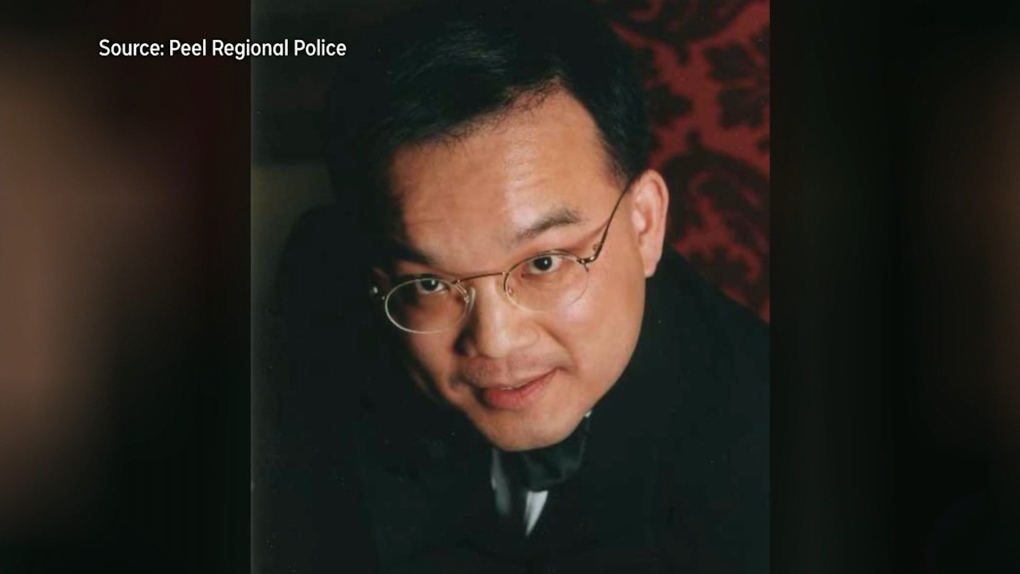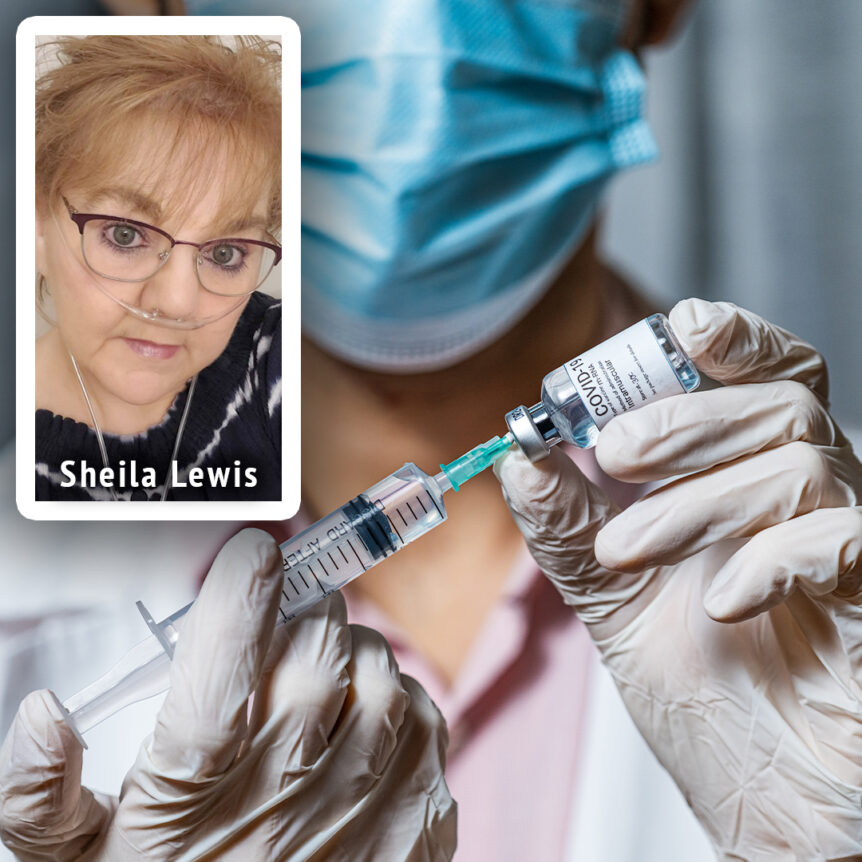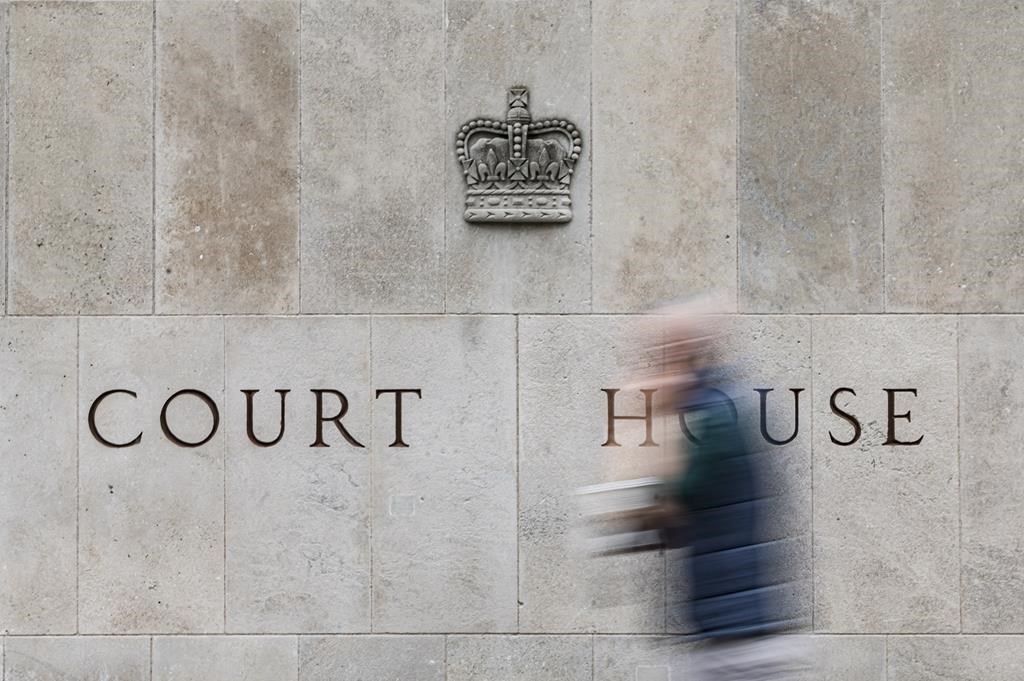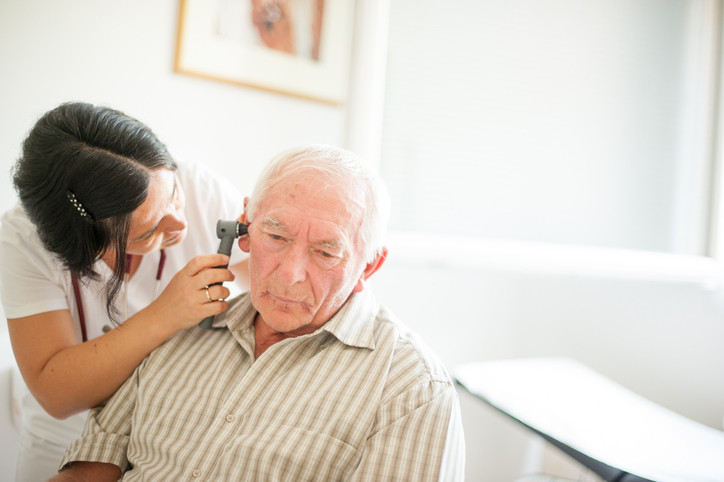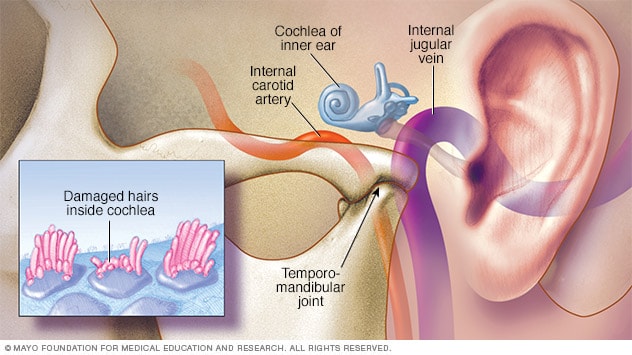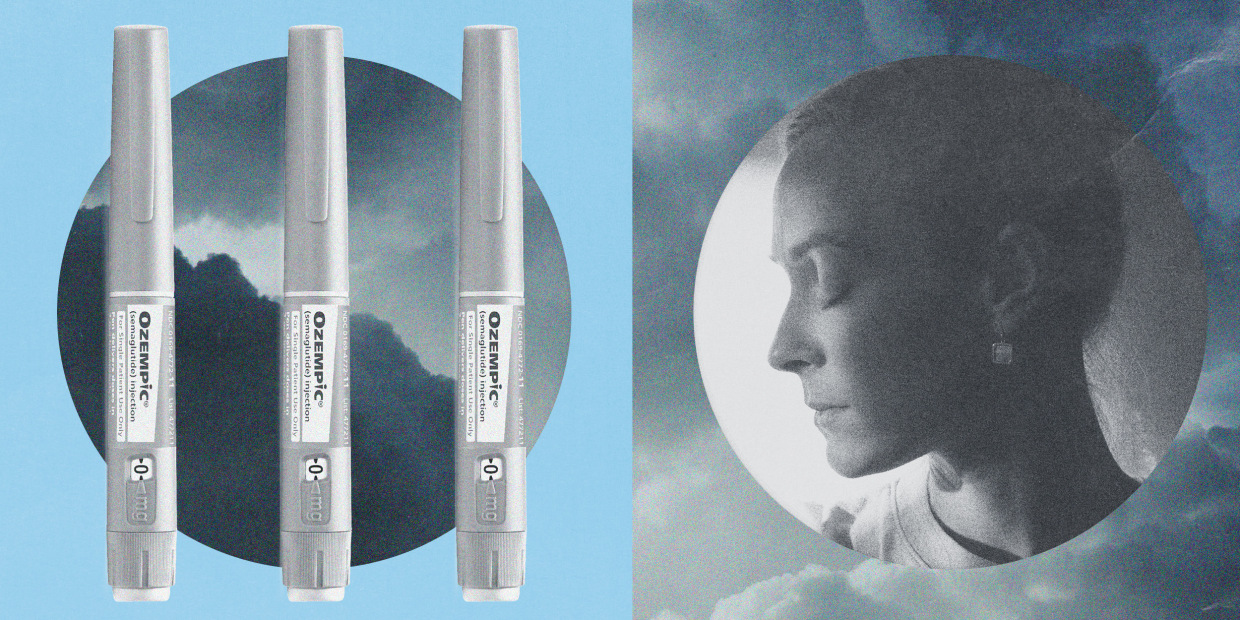"I had heard stories about miracles, but I saw a miraculous rescue
happening with my own eyes."
"We suddenly felt a jolt, and it all happened so suddenly that we thought all of us are going to die."
"They were telling us don't worry, help is coming,"
"We cried, and tears were in our eyes, as we feared the cable car will go down."
Osama Sharif, 15, rescued schoolboy
"I thought I was the smallest and I would die before anyone. I had no
hope when I did not see any help and failed the attempt till 4pm [….]"
"I
became hopeful when the army rescued Irfanullah and I lost hope again
when it became dark and the army halted heli operations. I regained hope
when a local man rescued the second boy."
Ibrar Ahmed, 13
"After four hours, the first military helicopter hovered over our heads
and he tried his best but it did not succeed."
"The second heli returned
with no success as well. It made me very worried that helicopters were
not succeeding and we will die soon."
"I was hell scared and all the children started screaming. We started
holding each other as it kept dangling. I thought I was dead now."
Attualah, 16
"I could see death in front of my eyes."
"The wind pressure was too fast
and the cable car was dangling and it had no doors from one side for
over a year."
"Everyone was crying."
Rizwanullah, 15
"To be honest, no matter how I was making children calm and telling them
we would survive, I did not see any chance that we would."
"It was a
chaotic situation. But I was struggling to find ways and my phone saved
us."
Gul Faraz, 24, local man
 |
| From left: Niaz, Attaullah, Usama, Ibrar Ahmed, Rizwanullah, Gul Faraz and Sher Nawaz, after their rescue. Photograph: Shah Meer Baloch/The Guardian |
Pakistan suffered a day of suspense praying for the rescue of six children and two adults on a makeshift chairlift that regularly transported people living in the area over a deep and wide ravine, that had suddenly malfunctioned, losing one of its guideropes, a cable that had broken, leaving the car dangling hundreds of metres above the canyon in a remote part of Pakistan.
The passengers, in a routine method of transportation for the area and many others like it in geologically mountainous terrain where these makeshift chairlifts act as the sole means of travel and communication, became trapped early in the day on Tuesday. They were crossing a river canyon in Khyber Pakhtunkhwa province, Battagram district. The six children, all adolescents on the car, were on their way to school.
 |
| Pakistani military and local rescue workers bring people from the dangling cable car to safety using ropes and harnesses. (Pakistan Rescue Military/The Associated Press) |
Nearby residents watched in horror as the cable car was suspended on its single cable, hoping it too would not break and send those clinging to it to certain death, as they awaited a government response that would bring the trapped people to safety. Throughout the country Pakistanis in their offices, shops, restaurants, homes and hospitals crowded around televisions in the grip of drama, clasping hope of rescue.
"Relieved to know that ... all the kids have been successfully and safely rescued", commented caretaker Prime Minister Anwaar-ul-Haq Kakar as he congratulated the military and other rescuers for that ultimate success of their endeavours. "Great team work by the military, rescue departments, district administration as well as the local people."
The rescue helicopters were unable to fly after sunset, and it was feared that the wind created by the helicopter blades might further weaken the remaining cable. That concern resulted in rescuers shifting from an airborne rescue effort to an operation with high risks involving the use of one cable still intact to approach the car with the chairlift.
The commandos' rope was seen swaying in the wind against the mountainous landscape on footage played on television stations showing a child in a harness pulled to safety. Helicopter rescues in these circumstances described by an expert, are extremely delicate, emphasizing wind generated by helicopter blades threatening to weaken the remaining cable, it alone holding the car aloft.
 |
| People watch as an army soldier slings down from a helicopter during the rescue mission. (AFP/Getty Images) |
Most of the rescued children, handed over to their families burst into tears. "Everyone was praying for this moment" commented Nazir Ahmed, a senior police officer in the area where the rescue mission took place. Before the rescue was completed those on the stranded, swaying car were provided with food and water. Some of the trapped were enabled contact by cellphone with their families.
The cable cars are often poorly maintained to the extent that yearly people die or become injured while using them. They are a necessity in the region however, frequently used by villagers to get around the mountainous regions of Pakistan. After this heart-stopping episode that garnered the bated breath of the wider public, the president stated his intention that safety inspections be undertaken for the country's cable cars and chairlifts.
The group of eight, the two adults and six children, were marooned in those dangerous conditions for six hours, suspended precariously 350 metres above ground, even before the helicopters were dispatched after appeals were sent for an emergency response to a potentially deadly situation. In the event, the disaster management authority rose to the occasion.
 |
| Youngsters who were trapped in a broken cable car receive first aid
following their rescue, in Pashto village, a mountainous area of
Battagram district in Pakistan's Khyber Pakhtunkhwa province, on
Tuesday. (Nazir Mahood/The Associated Press) |
Labels: Cable Cars, Communication, Emergency Response, Isolation, Mountainous Regions, Pakistan, Travel
